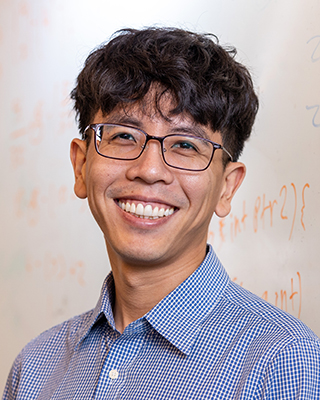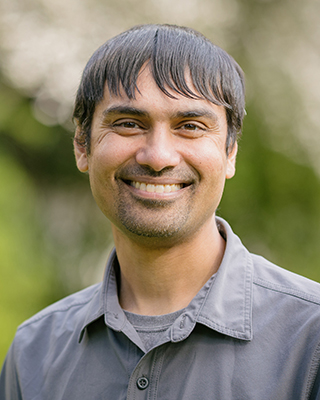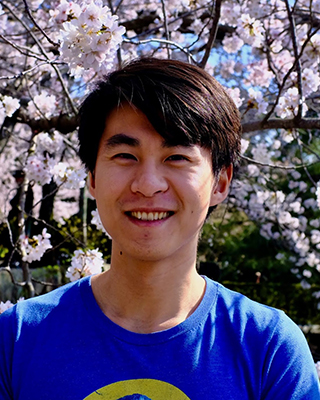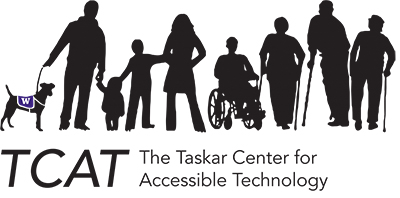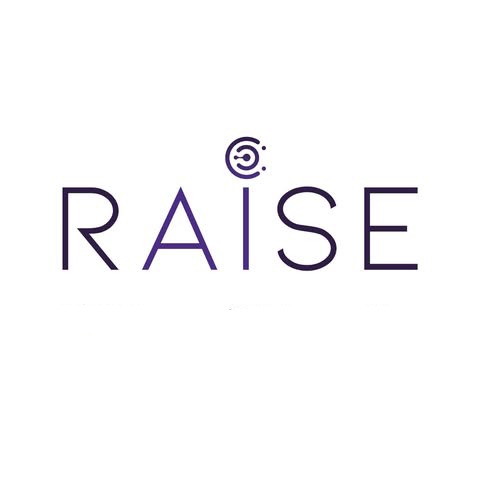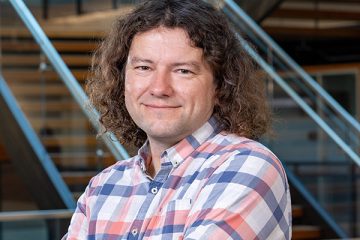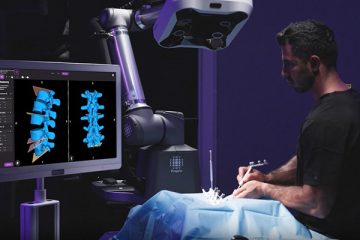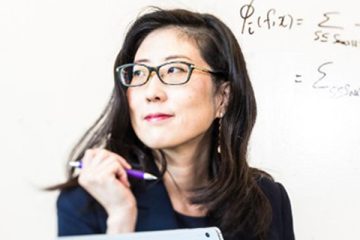Allen School researchers are at the forefront of exciting developments in AI spanning machine learning, computer vision, natural language processing, robotics and more.
We cultivate a deeper understanding of the science and potential impact of rapidly evolving technologies, such as large language models and generative AI, while developing practical tools for their ethical and responsible application in a variety of domains — from biomedical research and disaster response, to autonomous vehicles and urban planning.
Groups & Labs

Database Group
The Database Group advances both theoretical and systems work in probabilistic databases, stream processing, sensor-based monitoring, databases and the web, XML, image/video data management, data management for machine learning, data mining and more.
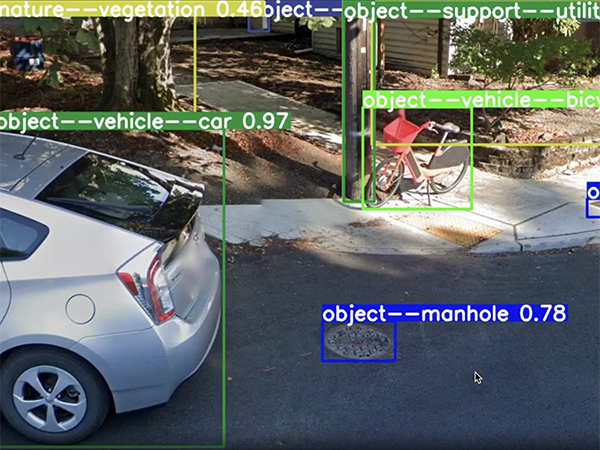
Makeability Lab
The Makeability Lab specializes in Human-Computer Interaction and applied machine learning for high-impact problems in accessibility, computational urban science, and augmented reality.
Faculty Members
Centers & Initiatives
TCAT harnesses the power of open-source technology to develop, translate, and deploy accessible technologies, and then sustain them in the hands of communities. Housed by the Paul G. Allen School for Computer Science & Engineering, TCAT centers the experience of people with disabilities as a lens for improving design & engineering, through participatory design practices, tooling and capacity building.
RAISE envisions a future where AI systems are developed and used in alignment with human ethics and values. With researchers from over a dozen labs across disciplines, RAISE is a leading center for research and education: building, evaluating, and envisioning AI technologies in the area of Responsible AI.
Highlights
Allen School News
GeekWire
Allen School News

